Exploring Portugal: A Journey Through History, Culture, and Natural Beauty
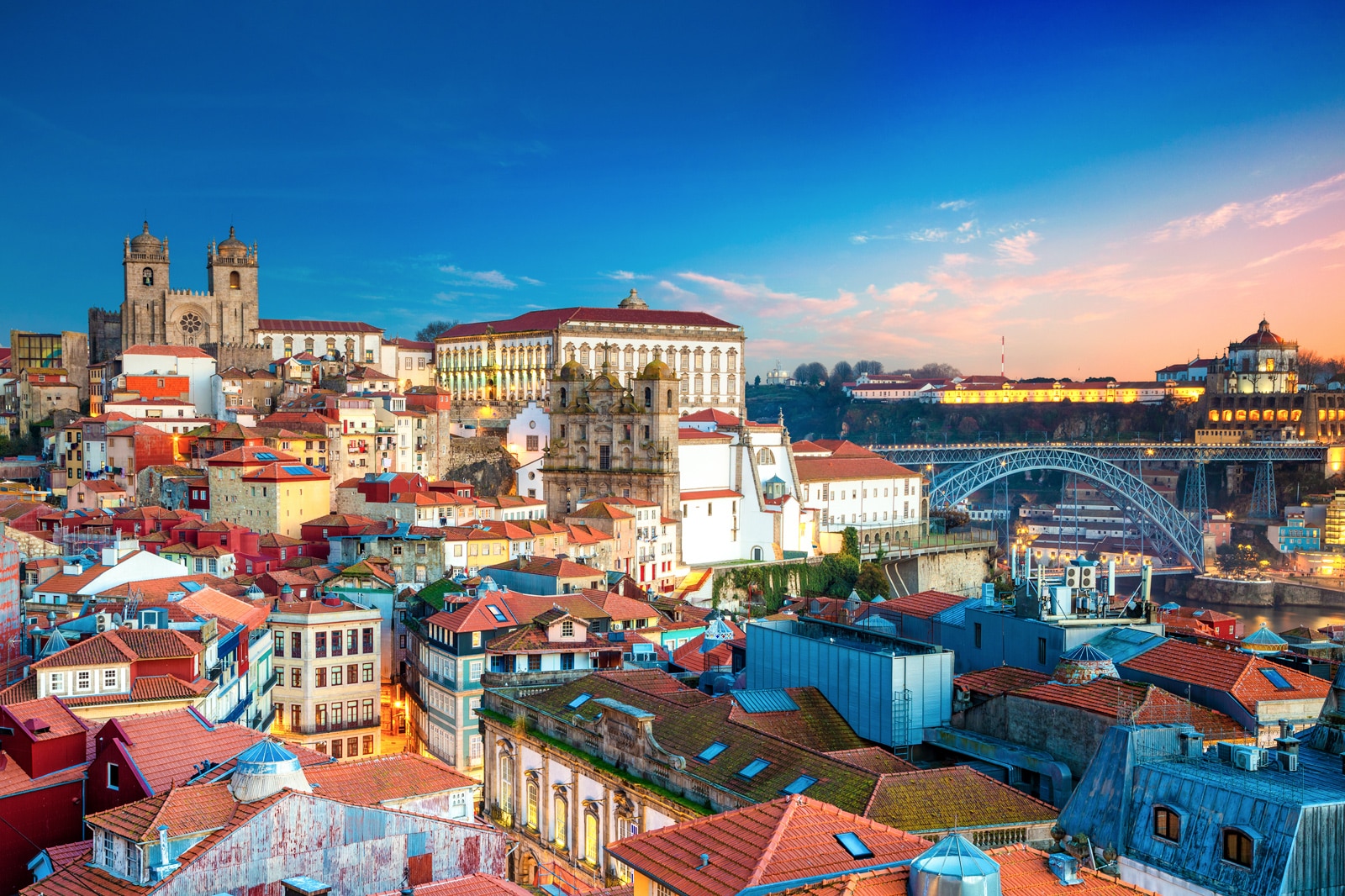 Portugal, officially known as the Portuguese Republic, is a country located in Southern Europe on the Iberian Peninsula. It has a rich history, culture, and diverse landscapes that attract millions of tourists each year. From its stunning coastline to its vibrant cities, Portugal offers a unique blend of tradition and modernity. In this essay, we will explore various aspects of Portugal, including its history, culture, economy, and tourism.
Portugal, officially known as the Portuguese Republic, is a country located in Southern Europe on the Iberian Peninsula. It has a rich history, culture, and diverse landscapes that attract millions of tourists each year. From its stunning coastline to its vibrant cities, Portugal offers a unique blend of tradition and modernity. In this essay, we will explore various aspects of Portugal, including its history, culture, economy, and tourism.
History
The history of Portugal is long and complex, dating back thousands of years. It was inhabited by various Celtic tribes before being colonized by the Romans in the 3rd century BC. The fall of the Roman Empire saw the region invaded by various Germanic tribes, eventually leading to the establishment of the Kingdom of Portugal in the 12th century.
One of the most significant events in Portuguese history was the Age of Discovery during the 15th and 16th centuries. Led by explorers such as Vasco da Gama and Ferdinand Magellan, Portugal established a vast overseas empire, including territories in Africa, Asia, and South America. This period marked Portugal as a major global power and contributed to its wealth and influence.
In 1755, Portugal was struck by a devastating earthquake followed by a tsunami and fire, resulting in widespread destruction in Lisbon and other parts of the country. Despite this setback, Portugal managed to recover and continued to expand its colonial empire until the 20th century.
Culture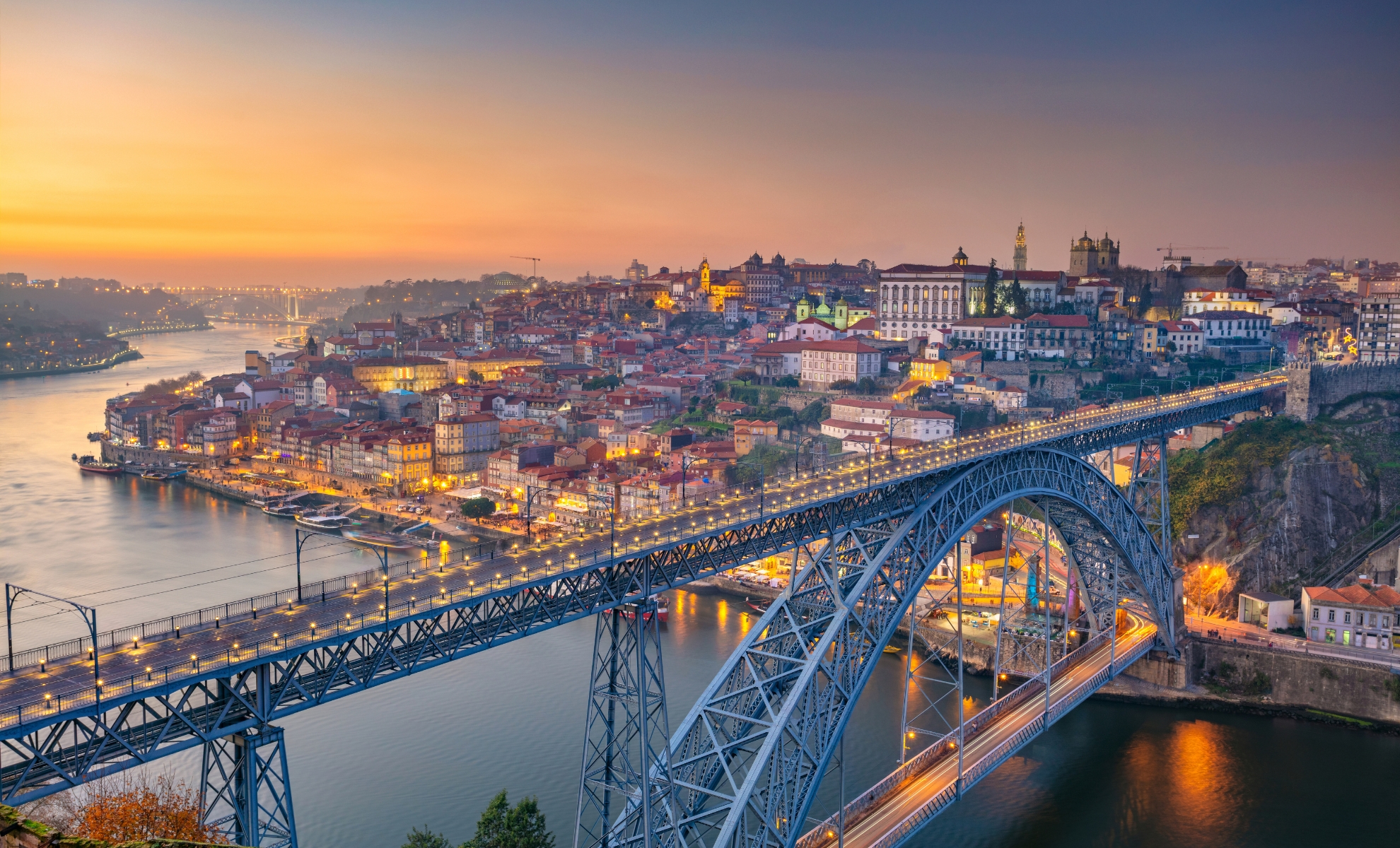 Portuguese culture is a rich tapestry woven from a variety of influences, including Celtic, Roman, Moorish, and indigenous traditions. This blend is evident in everything from Portuguese cuisine to its music, literature, and architecture.
Portuguese culture is a rich tapestry woven from a variety of influences, including Celtic, Roman, Moorish, and indigenous traditions. This blend is evident in everything from Portuguese cuisine to its music, literature, and architecture.
Fado, a genre of music characterized by its soulful melodies and melancholic lyrics, is perhaps the most iconic aspect of Portuguese culture. Originating in Lisbon in the 19th century, Fado has become synonymous with the Portuguese identity and is recognized as a UNESCO Intangible Cultural Heritage.
Portuguese cuisine is another integral part of the country's culture, known for its fresh seafood, flavorful spices, and hearty dishes. Some popular Portuguese dishes include bacalhau (salted cod), caldo verde (kale soup), and pastéis de nata (custard tarts).
Economy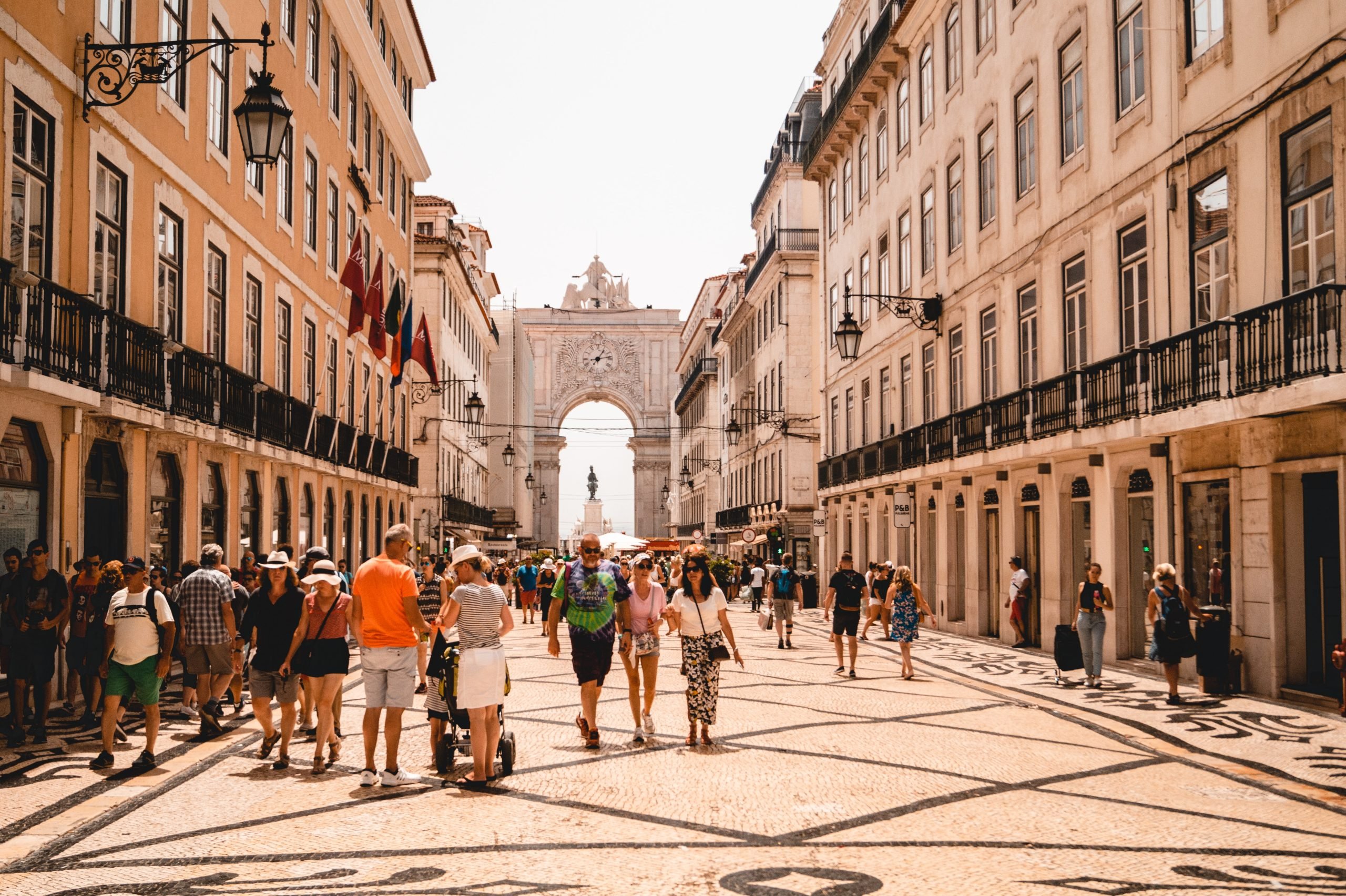 Portugal has undergone significant economic transformation in recent decades, transitioning from a predominantly agrarian economy to a modern, diversified economy. Key sectors include tourism, manufacturing, services, and agriculture.
Portugal has undergone significant economic transformation in recent decades, transitioning from a predominantly agrarian economy to a modern, diversified economy. Key sectors include tourism, manufacturing, services, and agriculture.
Tourism plays a vital role in the Portuguese economy, attracting millions of visitors each year to its beautiful beaches, historic landmarks, and cultural attractions. Cities like Lisbon, Porto, and the Algarve region are particularly popular destinations for tourists from around the world.
Portugal is also known for its wine production, with the Douro Valley producing some of the finest wines in the world, including Port wine. Additionally, the country is a leading exporter of cork, textiles, and footwear.
Despite these strengths, Portugal faces challenges such as high public debt, unemployment, and emigration, particularly among young people. However, ongoing efforts to promote innovation, entrepreneurship, and economic reform are helping to drive growth and create opportunities for the future.
Tourism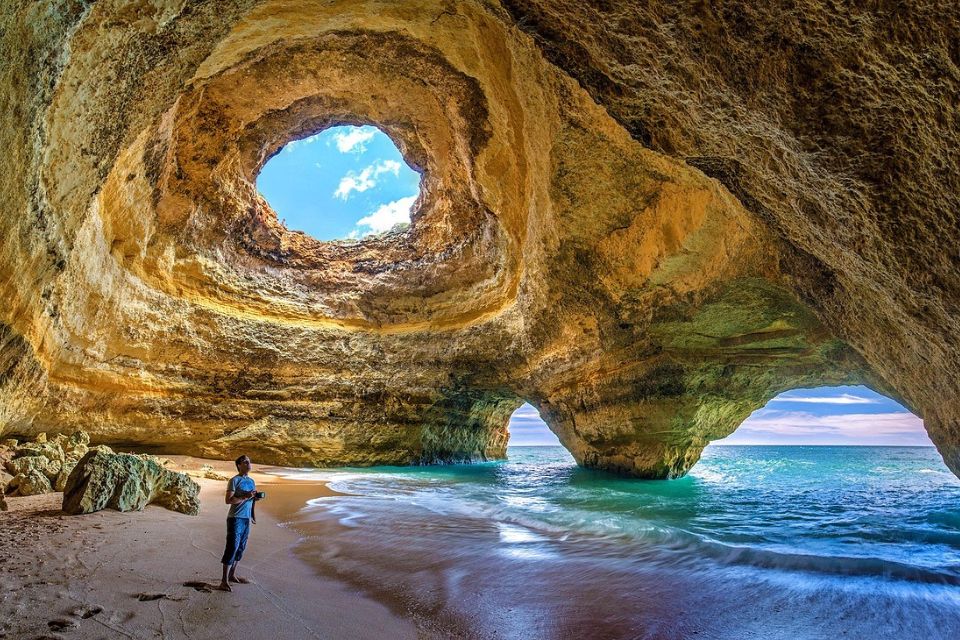 Tourism is a cornerstone of the Portuguese economy, contributing significantly to GDP and providing employment opportunities across the country. Portugal's diverse attractions, ranging from historic cities to picturesque landscapes, make it a popular destination for travelers seeking culture, history, and natural beauty.
Tourism is a cornerstone of the Portuguese economy, contributing significantly to GDP and providing employment opportunities across the country. Portugal's diverse attractions, ranging from historic cities to picturesque landscapes, make it a popular destination for travelers seeking culture, history, and natural beauty.
Lisbon, the capital city, is a vibrant metropolis known for its colorful neighborhoods, historic monuments, and lively nightlife. Visitors can explore attractions such as the Belém Tower, Jerónimos Monastery, and São Jorge Castle, or simply wander through the narrow streets of Alfama and Bairro Alto.
Porto, Portugal's second-largest city, is famous for its historic center, charming riverside district, and port wine cellars. Travelers can stroll across the iconic Dom Luís I Bridge, visit the São Bento Railway Station with its beautiful azulejo tiles, or take a boat cruise along the Douro River.
The Algarve region, located in southern Portugal, is renowned for its stunning beaches, rugged cliffs, and picturesque fishing villages. Visitors can relax on sandy shores like Praia da Marinha and Praia da Falésia, explore historic towns such as Lagos and Tavira, or indulge in water sports like surfing, snorkeling, and diving.
In addition to these popular destinations, Portugal offers a wealth of cultural and natural attractions waiting to be discovered. From the historic town of Sintra with its fairy-tale palaces to the rugged beauty of the Azores and Madeira archipelagos, there's something for every traveler to enjoy in Portugal.
In conclusion, Portugal is a country with a rich history, vibrant culture, and diverse landscapes that make it a compelling destination for travelers from around the world. Whether exploring historic cities, relaxing on sun-kissed beaches, or savoring delicious cuisine, visitors to Portugal are sure to be enchanted by all that this beautiful country has to offer.
Politics and Society Portugal is a democratic republic with a semi-presidential system of government. The President of Portugal serves as the head of state, while the Prime Minister is the head of government. The Portuguese Parliament, known as the Assembly of the Republic, is responsible for making laws and overseeing the government.
Portugal is a democratic republic with a semi-presidential system of government. The President of Portugal serves as the head of state, while the Prime Minister is the head of government. The Portuguese Parliament, known as the Assembly of the Republic, is responsible for making laws and overseeing the government.
In recent years, Portugal has made significant progress in areas such as human rights, healthcare, and education. The country has a universal healthcare system that provides comprehensive medical care to all citizens, and education is free and compulsory up to the age of 18. Portugal is also known for its progressive stance on social issues such as LGBTQ+ rights and gender equality.
However, like many other countries, Portugal faces challenges such as income inequality, poverty, and an aging population. The government has implemented various social welfare programs to address these issues, but more efforts are needed to ensure that all citizens have access to opportunities and a decent standard of living.
Environmental Conservation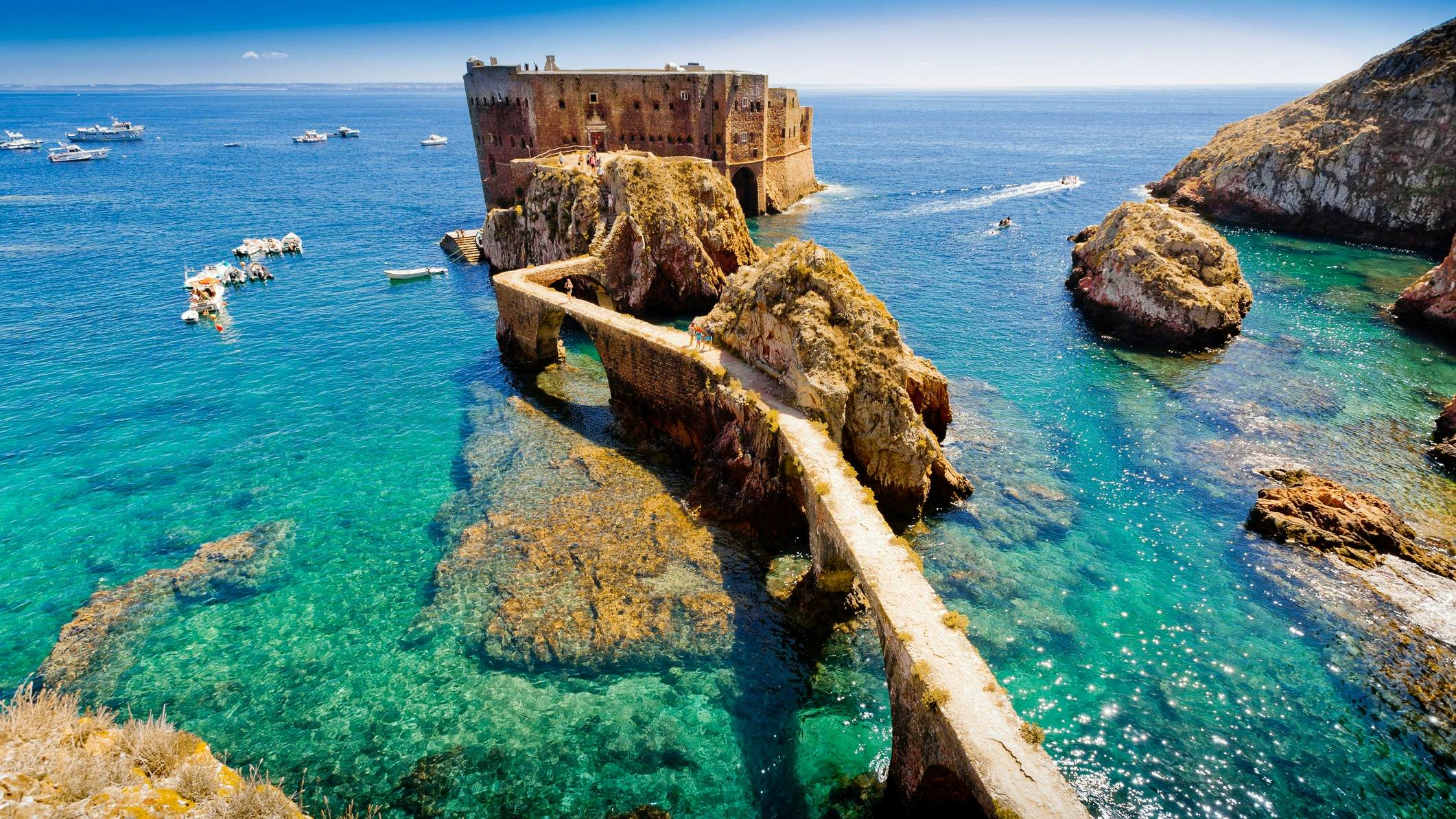 Portugal is committed to environmental conservation and sustainability, recognizing the importance of protecting its natural resources for future generations. The country has implemented policies to promote renewable energy, reduce carbon emissions, and preserve biodiversity.
Portugal is committed to environmental conservation and sustainability, recognizing the importance of protecting its natural resources for future generations. The country has implemented policies to promote renewable energy, reduce carbon emissions, and preserve biodiversity.
One notable example is the Parque Nacional da Peneda-Gerês, Portugal's only national park, located in the northwestern part of the country. Covering an area of over 700 square kilometers, the park is home to diverse ecosystems, including forests, rivers, and mountains, and is a haven for wildlife such as wolves, wild boars, and golden eagles.
Portugal is also a leader in marine conservation, with several marine protected areas established along its coastline to safeguard marine biodiversity and habitats. These areas play a crucial role in preserving marine ecosystems and supporting sustainable fisheries.
Conclusion In conclusion, Portugal is a country of rich history, vibrant culture, and natural beauty. From its ancient castles and charming villages to its stunning beaches and lush countryside, Portugal offers a diverse array of attractions for visitors to explore and enjoy. With its warm climate, friendly people, and delicious cuisine, it's no wonder that Portugal continues to be a top destination for travelers from around the world. As the country looks towards the future, it remains committed to preserving its cultural heritage, promoting sustainable development, and ensuring a high quality of life for its citizens. Whether you're interested in history, culture, nature, or simply relaxing by the sea, Portugal has something for everyone to discover and cherish.
In conclusion, Portugal is a country of rich history, vibrant culture, and natural beauty. From its ancient castles and charming villages to its stunning beaches and lush countryside, Portugal offers a diverse array of attractions for visitors to explore and enjoy. With its warm climate, friendly people, and delicious cuisine, it's no wonder that Portugal continues to be a top destination for travelers from around the world. As the country looks towards the future, it remains committed to preserving its cultural heritage, promoting sustainable development, and ensuring a high quality of life for its citizens. Whether you're interested in history, culture, nature, or simply relaxing by the sea, Portugal has something for everyone to discover and cherish.





































